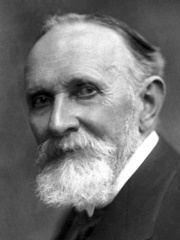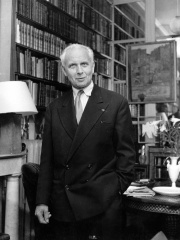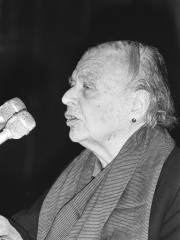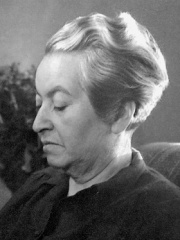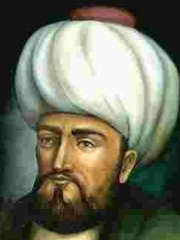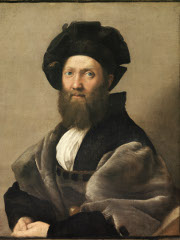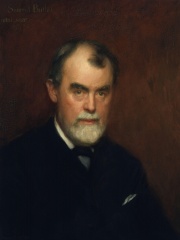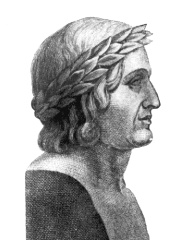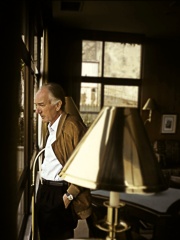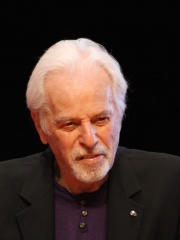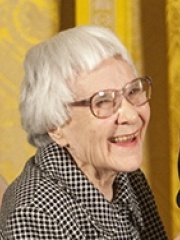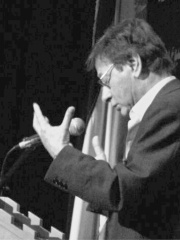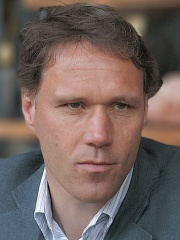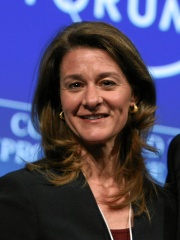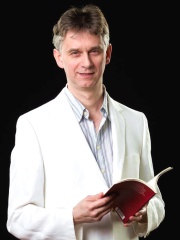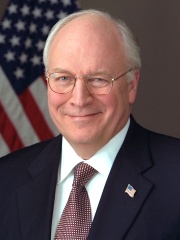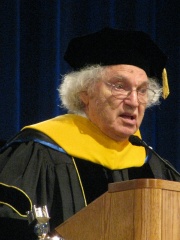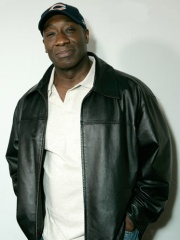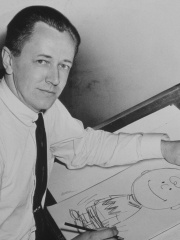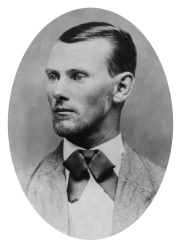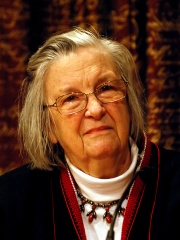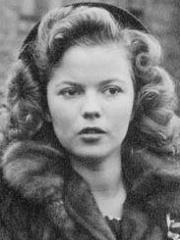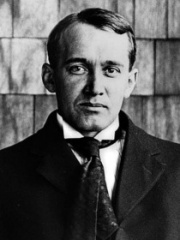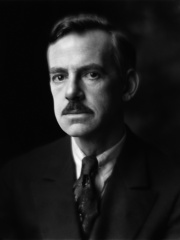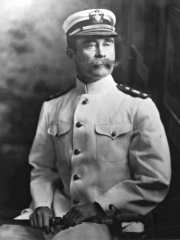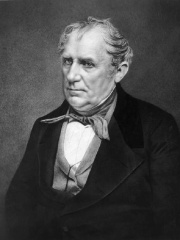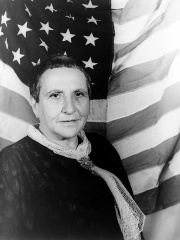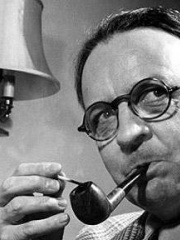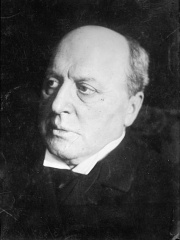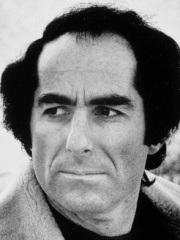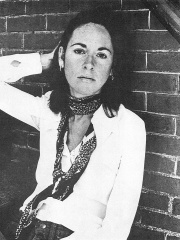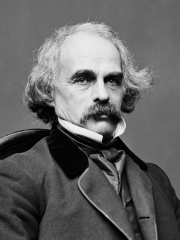Writer
Dan Brown
1964 - today
EN.WIKIPEDIA PAGE VIEWS (PV)
 Dan Brown
Dan Brown
His biography is available in 88 different languages on Wikipedia (up from 86 in 2024). Dan Brown is the 459th most popular writer (down from 407th in 2024), the 562nd most popular biography from United States (down from 386th in 2019) and the 50th most popular American Writer.
Dan Brown is most famous for his novels, The Da Vinci Code and Angels and Demons.
Memorability Metrics
Page views of Dan Brown by language
Among Writers
Among writers, Dan Brown ranks 459 out of 7,302. Before him are Carl Spitteler, Louis Aragon, Marguerite Yourcenar, Gabriela Mistral, Ahmad Yasawi, and Baldassare Castiglione. After him are Samuel Butler, Statius, Thomas Bernhard, Alejandro Jodorowsky, Harper Lee, and Mahmoud Darwish.
Most Popular Writers in Wikipedia
Go to all RankingsCarl Spitteler
1845 - 1924
HPI: 73.32
Rank: 453
Louis Aragon
1897 - 1982
HPI: 73.31
Rank: 454
Marguerite Yourcenar
1903 - 1987
HPI: 73.31
Rank: 455
Gabriela Mistral
1889 - 1957
HPI: 73.30
Rank: 456
Ahmad Yasawi
1103 - 1166
HPI: 73.29
Rank: 457
Baldassare Castiglione
1478 - 1529
HPI: 73.29
Rank: 458
Dan Brown
1964 - Present
HPI: 73.29
Rank: 459
Samuel Butler
1835 - 1902
HPI: 73.29
Rank: 460
Statius
40 - 96
HPI: 73.28
Rank: 461
Thomas Bernhard
1931 - 1989
HPI: 73.28
Rank: 462
Alejandro Jodorowsky
1929 - Present
HPI: 73.28
Rank: 463
Harper Lee
1926 - 2016
HPI: 73.28
Rank: 464
Mahmoud Darwish
1941 - 2008
HPI: 73.27
Rank: 465
Contemporaries
Among people born in 1964, Dan Brown ranks 13. Before him are Marco van Basten, Sarah Palin, Russell Crowe, Melinda French Gates, Sandra Bullock, and Nigel Farage. After him are Tim Walz, Robert Fico, Kamala Harris, Klaus Ebner, Boris Johnson, and Rocco Siffredi.
Others Born in 1964
Go to all RankingsMarco van Basten
COACH
1964 - Present
HPI: 74.92
Rank: 7
Sarah Palin
POLITICIAN
1964 - Present
HPI: 74.76
Rank: 8
Russell Crowe
ACTOR
1964 - Present
HPI: 74.53
Rank: 9
Melinda French Gates
BUSINESSPERSON
1964 - Present
HPI: 74.15
Rank: 10
Sandra Bullock
ACTOR
1964 - Present
HPI: 74.06
Rank: 11
Nigel Farage
POLITICIAN
1964 - Present
HPI: 73.64
Rank: 12
Dan Brown
WRITER
1964 - Present
HPI: 73.29
Rank: 13
Tim Walz
POLITICIAN
1964 - Present
HPI: 73.09
Rank: 14
Robert Fico
POLITICIAN
1964 - Present
HPI: 73.08
Rank: 15
Kamala Harris
POLITICIAN
1964 - Present
HPI: 72.38
Rank: 16
Klaus Ebner
WRITER
1964 - Present
HPI: 71.90
Rank: 17
Boris Johnson
POLITICIAN
1964 - Present
HPI: 70.96
Rank: 18
Rocco Siffredi
PORNOGRAPHIC ACTOR
1964 - Present
HPI: 70.85
Rank: 19
In United States
Among people born in United States, Dan Brown ranks 562 out of NaN. Before him are Dick Cheney (1941), Herbert A. Hauptman (1917), Michael Clarke Duncan (1957), Charles M. Schulz (1922), Jesse James (1847), and Elinor Ostrom (1933). After him are Shirley Temple (1928), Harper Lee (1926), Jodie Foster (1962), Vesto Slipher (1875), Eugene O'Neill (1888), and Robert Peary (1856).
Others born in United States
Go to all RankingsDick Cheney
POLITICIAN
1941 - 2025
HPI: 73.31
Rank: 556
Herbert A. Hauptman
MATHEMATICIAN
1917 - 2011
HPI: 73.31
Rank: 557
Michael Clarke Duncan
ACTOR
1957 - 2012
HPI: 73.31
Rank: 558
Charles M. Schulz
COMIC ARTIST
1922 - 2000
HPI: 73.31
Rank: 559
Jesse James
MAFIOSO
1847 - 1882
HPI: 73.31
Rank: 560
Elinor Ostrom
ECONOMIST
1933 - 2012
HPI: 73.30
Rank: 561
Dan Brown
WRITER
1964 - Present
HPI: 73.29
Rank: 562
Shirley Temple
ACTOR
1928 - 2014
HPI: 73.29
Rank: 563
Harper Lee
WRITER
1926 - 2016
HPI: 73.28
Rank: 564
Jodie Foster
ACTOR
1962 - Present
HPI: 73.27
Rank: 565
Vesto Slipher
ASTRONOMER
1875 - 1969
HPI: 73.27
Rank: 566
Eugene O'Neill
WRITER
1888 - 1953
HPI: 73.26
Rank: 567
Robert Peary
MILITARY PERSONNEL
1856 - 1920
HPI: 73.23
Rank: 568
Among Writers In United States
Among writers born in United States, Dan Brown ranks 50. Before him are James Fenimore Cooper (1789), Jack Kerouac (1922), Gertrude Stein (1874), Raymond Chandler (1888), Henry James (1843), and Philip Roth (1933). After him are Harper Lee (1926), Eugene O'Neill (1888), Louise Glück (1943), Nathaniel Hawthorne (1804), William S. Burroughs (1914), and Tennessee Williams (1911).
James Fenimore Cooper
1789 - 1851
HPI: 73.85
Rank: 44
Jack Kerouac
1922 - 1969
HPI: 73.77
Rank: 45
Gertrude Stein
1874 - 1946
HPI: 73.55
Rank: 46
Raymond Chandler
1888 - 1959
HPI: 73.39
Rank: 47
Henry James
1843 - 1916
HPI: 73.37
Rank: 48
Philip Roth
1933 - 2018
HPI: 73.35
Rank: 49
Dan Brown
1964 - Present
HPI: 73.29
Rank: 50
Harper Lee
1926 - 2016
HPI: 73.28
Rank: 51
Eugene O'Neill
1888 - 1953
HPI: 73.26
Rank: 52
Louise Glück
1943 - 2023
HPI: 72.92
Rank: 53
Nathaniel Hawthorne
1804 - 1864
HPI: 72.52
Rank: 54
William S. Burroughs
1914 - 1997
HPI: 72.47
Rank: 55
Tennessee Williams
1911 - 1983
HPI: 72.40
Rank: 56

